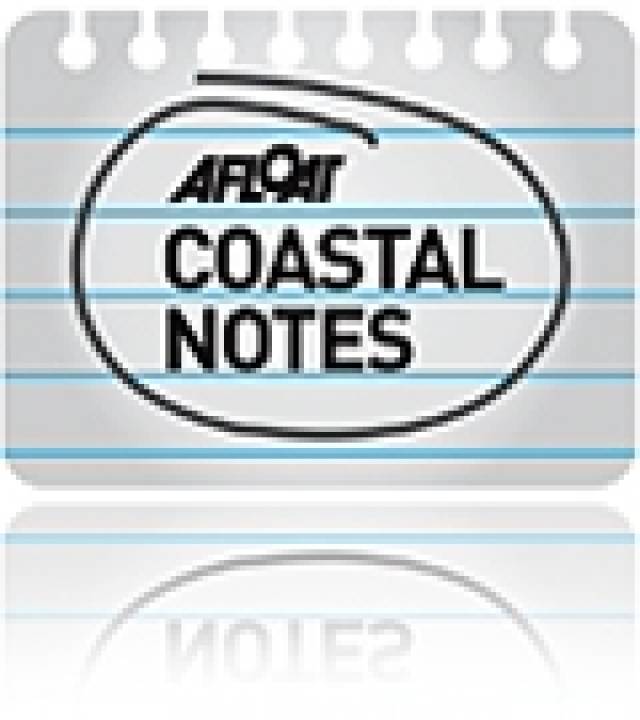#COASTAL NOTES - The Irish Times reports that Balbriggan Beach was reopened for swimming yesterday 31 August after the latest in a string of E.coli scares around the Irish coast.
The beach at the north Co Dublin coastal town was closed to bathers after a pumping station malfunction caused raw sewage to be pumped into the sea for up to 24 hours earlier this week.
E.coli levels were subsequently recorded at five times the maximum EU safety limit, and as much as 100 times the Blue Flag standard for European beaches.
The incident raised concerns among campaigners opposed to the proposed new water treatment 'super plant' for Fingal.
As previously reported on Afloat.ie, worries have been expressed by locals in the towns of Skerries, Loughskinny and Rush about the effects of the planned outfall pipe in their area.
The Balbriggan swimming ban marked the second beach closure in north Dublin during August, after the waters at Rush South were found to be contaminated with E.coli over the bank holiday weekend.
A bathing ban was also imposed on seven beaches in Cork last month due to high levels of the bacteria, while a breach of safe levels at Salthill in Galway last week caused concern ahead of tomorrow's Ironman 70.3 triathlon.































































